Applications of HDPE Plastic Pipes
HDPE pipes find extensive use in diverse applications
1. Water Supply
HDPE pipes are commonly used for potable water distribution systems, irrigation networks, and water treatment plants due to their non-toxicity and corrosion resistance.
2. Gas Distribution
They serve as reliable conduits for natural gas and other gases, offering superior leak resistance and safety.
3. Drainage Systems
HDPE pipes are ideal for stormwater management, sewer lines, and culverts, thanks to their durability and smooth inner surface that prevents clogging.
4. Industrial Applications
They are employed in industrial processes for conveying chemicals, acids, and wastewater due to their chemical resistance and durability.
5. Telecommunications
HDPE conduits are used for protecting and routing fiber optic cables, ensuring efficient and secure communication networks.
Advantages of HDPE Plastic Pipes
HDPE plastic pipes offer several advantages over traditional piping materials:
1. Durability
Resistant to corrosion, abrasion, and chemical damage, HDPE pipes have a long service life, reducing maintenance costs.
2. Flexibility
HDPE pipes can be easily bent and installed around obstacles, minimizing the need for joints and fittings and reducing installation time.
3. Leak-Proof
With welded or fused joints, HDPE pipes provide excellent leak resistance, ensuring reliable fluid conveyance.
4. Smooth Inner Surface
The smooth interior of HDPE pipes minimizes friction and sediment buildup, improving flow efficiency and reducing pumping energy.
5. Environmentally Friendly
HDPE is a recyclable material with a low carbon footprint, contributing to sustainable infrastructure development.
Considerations When Using HDPE Plastic Pipes
While HDPE pipes offer numerous advantages, certain considerations are crucial:
1. Installation
Proper installation techniques, including fusion welding for joints, are essential to ensure leak-proof connections and optimal performance.
2. Temperature and Pressure Ratings
HDPE pipes have specific temperature and pressure ratings that should be adhered to for safe operation and longevity.
3. UV Exposure
HDPE pipes may require UV stabilization additives or protection from direct sunlight if used in outdoor applications to prevent degradation.
4. Material Compatibility
Ensure compatibility with fluids and chemicals being conveyed to avoid degradation or contamination of the pipe material.
5. Standards Compliance
HDPE pipes should comply with relevant industry standards such as ASTM, AWWA, and ISO to ensure quality and reliability.
HDPE plastic pipes offer a versatile and reliable solution for various applications, including water supply, gas distribution, drainage systems, industrial processes, and telecommunications. Their durability, flexibility, leak resistance, and environmental benefits make them a preferred choice in modern infrastructure projects. However, proper installation, adherence to temperature and pressure ratings, UV protection, material compatibility, and standards compliance are essential considerations when using HDPE pipes to ensure optimal performance and longevity.
Exploring the Diverse Landscape of HDPE Plastic Pipe Manufacturers
HDPE (High-Density Polyethylene) plastic pipes have revolutionized modern infrastructure with their durability, versatility, and environmental benefits. As the demand for reliable piping solutions continues to grow, understanding the landscape of HDPE plastic pipe manufacturers becomes essential for stakeholders seeking quality and performance.
The Versatility of HDPE Plastic Pipes
HDPE plastic pipes offer a range of beneficial properties:
Durability: Resistant to corrosion, abrasion, and chemical damage, ensuring longevity in various applications.
Flexibility: Easily molded and bent, reducing the need for joints and allowing for seamless installations.
Leak-Proof: With excellent resistance to leaks and cracks, HDPE pipes are ideal for water supply, gas distribution, and drainage systems.
Environmentally Friendly: Recyclable and eco-friendly, contributing to sustainable infrastructure development.
Factors to Consider When Choosing a Manufacturer
Selecting the right HDPE plastic pipe manufacturer involves considering several critical factors:
1. Quality Assurance: Look for manufacturers with a track record of producing high-quality pipes meeting industry standards and regulatory requirements.
2. Certifications: Verify that the manufacturer holds relevant certifications such as ISO, ASTM, and NSF, ensuring adherence to quality and performance standards.
3. Compliance with Standards: Ensure the HDPE pipes comply with recognized standards like ASTM D3350, AWWA C906, and EN 12201 for reliability and safety.
4. Support and Warranty: Opt for manufacturers offering comprehensive customer support and warranties to address any potential issues or concerns.
5. Sustainability Practices: Prefer manufacturers committed to sustainable practices, including recycling initiatives and environmentally conscious production methods.
Leading HDPE Plastic Pipe Manufacturers
1. JM Eagle: A global leader in plastic pipe manufacturing, JM Eagle offers a wide range of high-quality HDPE pipes for various applications, ensuring reliability and durability.
2. WL Plastics: Known for innovation and sustainability, WL Plastics produces HDPE pipes designed for long-term performance and environmental responsibility.
3. ADS (Advanced Drainage Systems): Specializing in drainage solutions, ADS provides durable HDPE pipes suitable for stormwater management, agriculture, and civil engineering projects.
4. Dura-Line: Focused on telecommunications infrastructure, Dura-Line manufactures high-performance HDPE conduits for fiber optic cable installations, ensuring reliable connectivity.
5. ISCO Industries: With a reputation for technical expertise and customization, ISCO Industries delivers reliable HDPE piping solutions tailored to industrial, municipal, and residential needs.
Emerging Trends and Innovations
Recent trends in the HDPE plastic pipe industry include
Advanced Manufacturing Techniques: Enhancing product quality, efficiency, and cost-effectiveness.
Trenchless Installation Technologies: Minimizing disruption and improving installation efficiency.
Sustainability Initiatives: Increasing focus on recycling, sustainable materials, and eco-friendly production processes.
Specialized Applications: Developing HDPE pipe systems for niche applications such as geothermal heating, aquaculture, and mining.
Navigating the landscape of HDPE plastic pipe manufacturers requires careful consideration of quality, certifications, standards compliance, support, and sustainability practices. By partnering with reputable manufacturers like JM Eagle, WL Plastics, ADS, Dura-Line, and ISCO Industries, stakeholders can access high-performance HDPE piping solutions that contribute to resilient and sustainable infrastructure development.
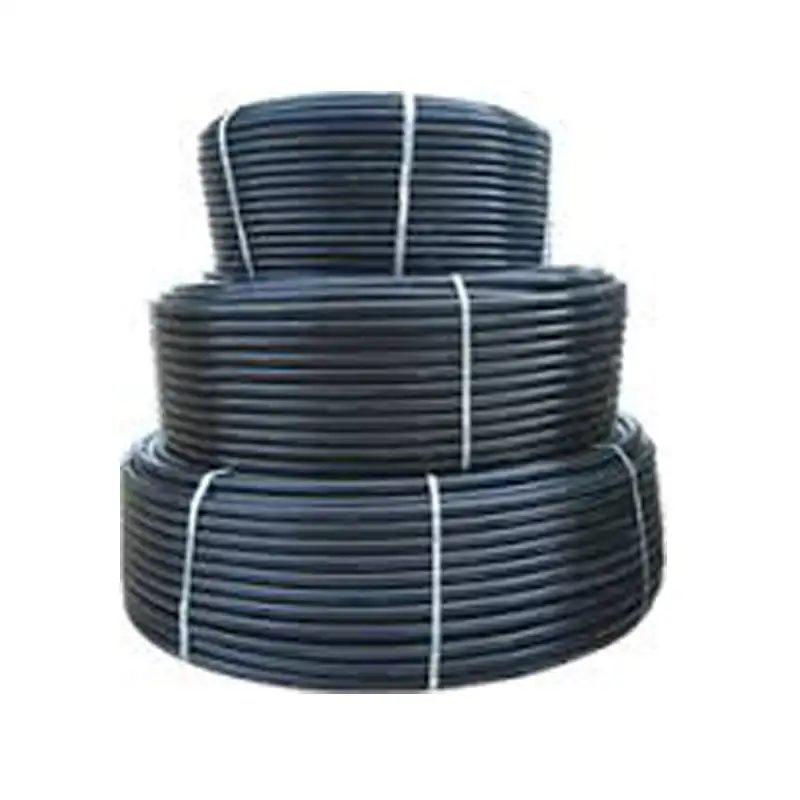
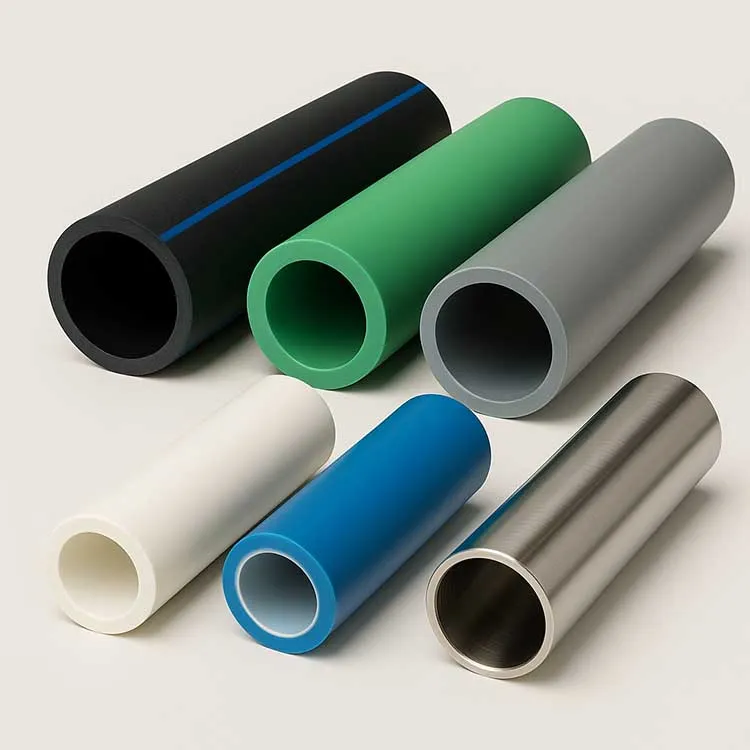
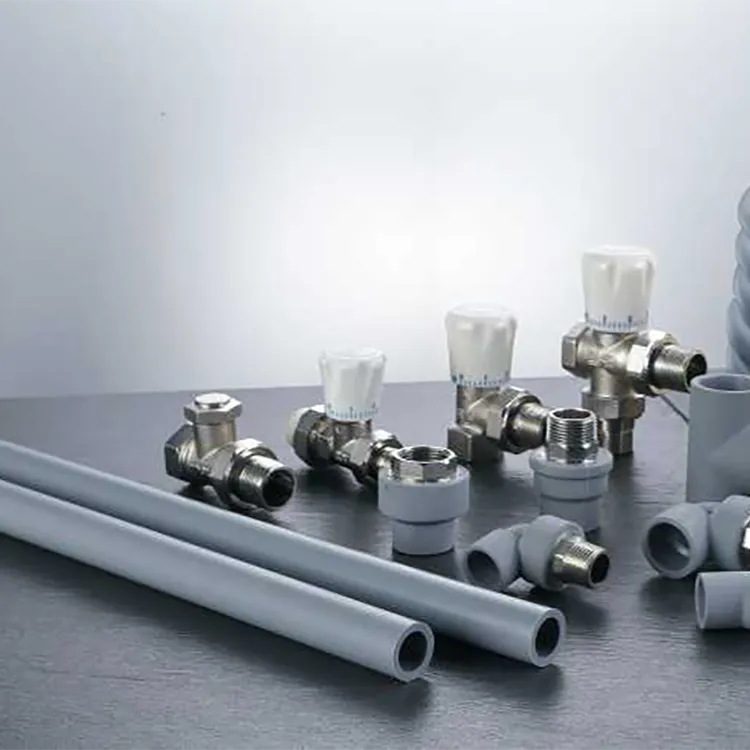
981.webp)
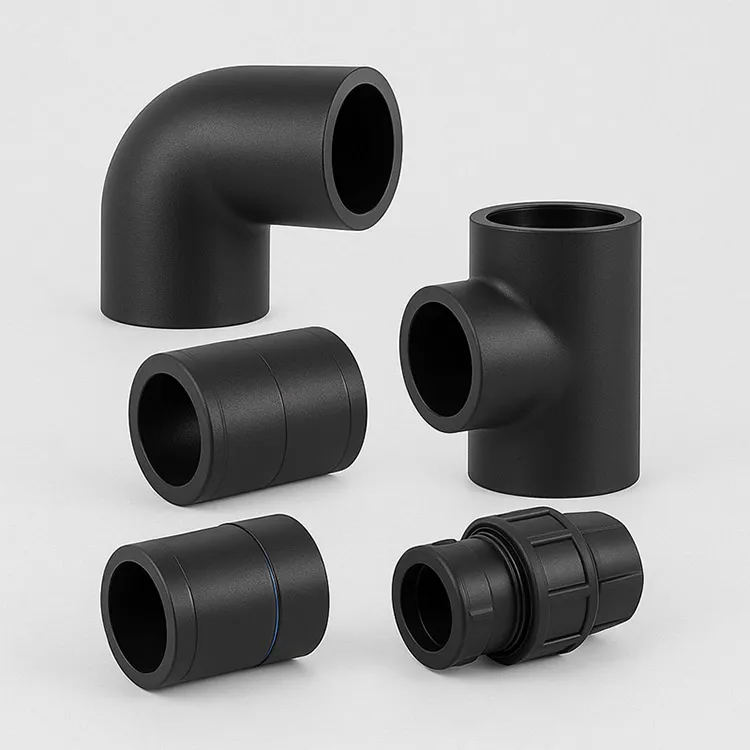
 (1)379.webp)
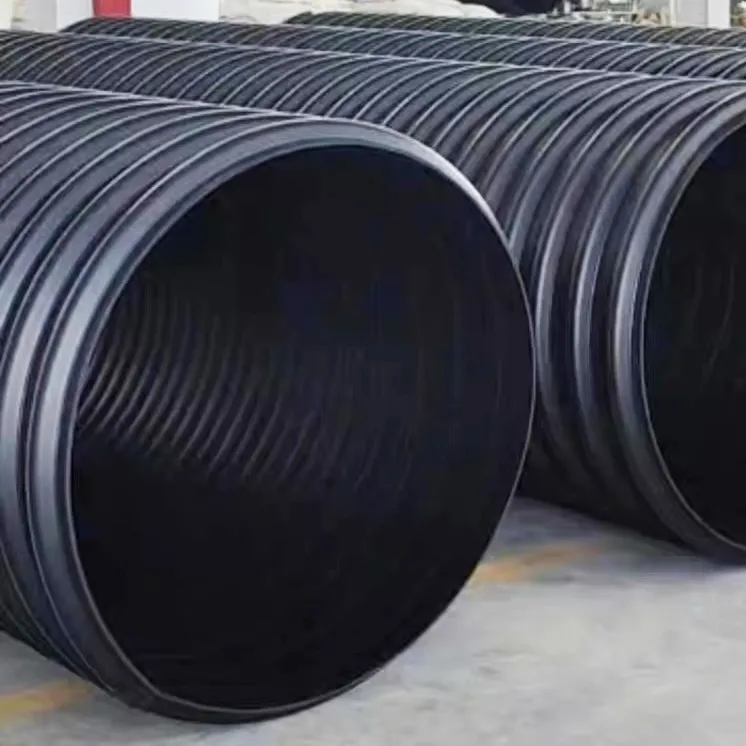
294.webp)
476.webp)
420.webp)
146.webp)
460.webp)
287.webp)
274.webp)
688.webp)


